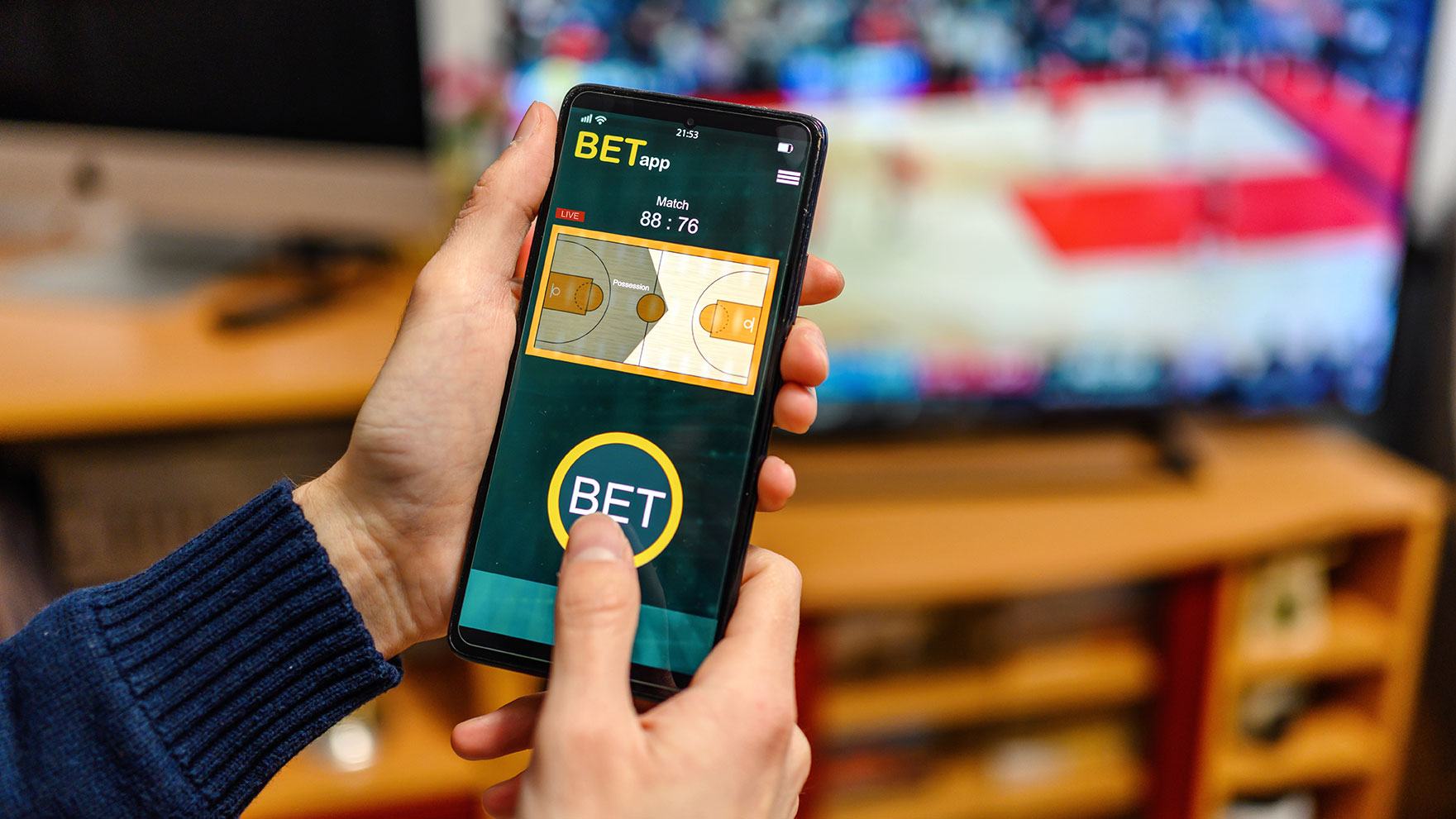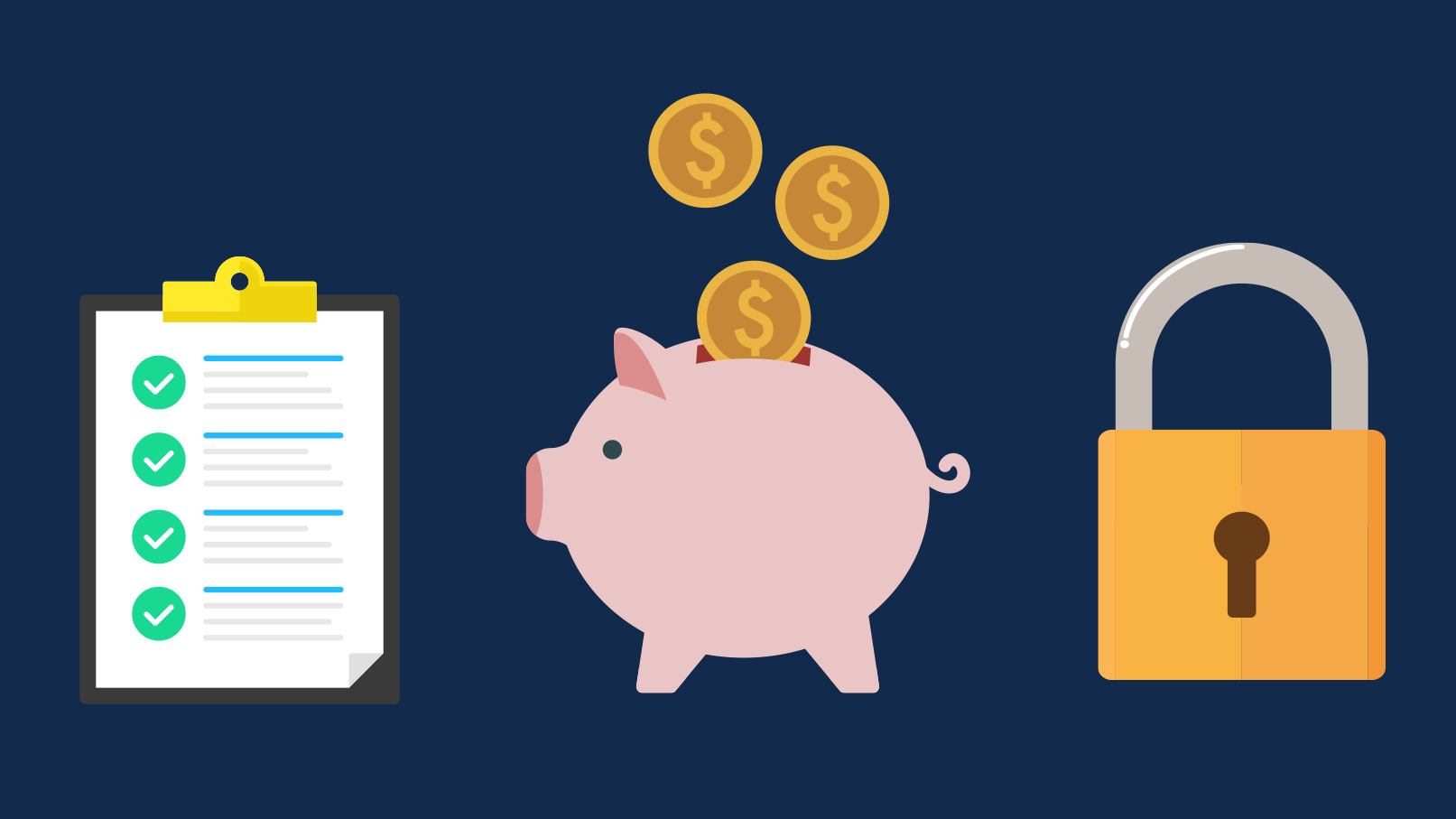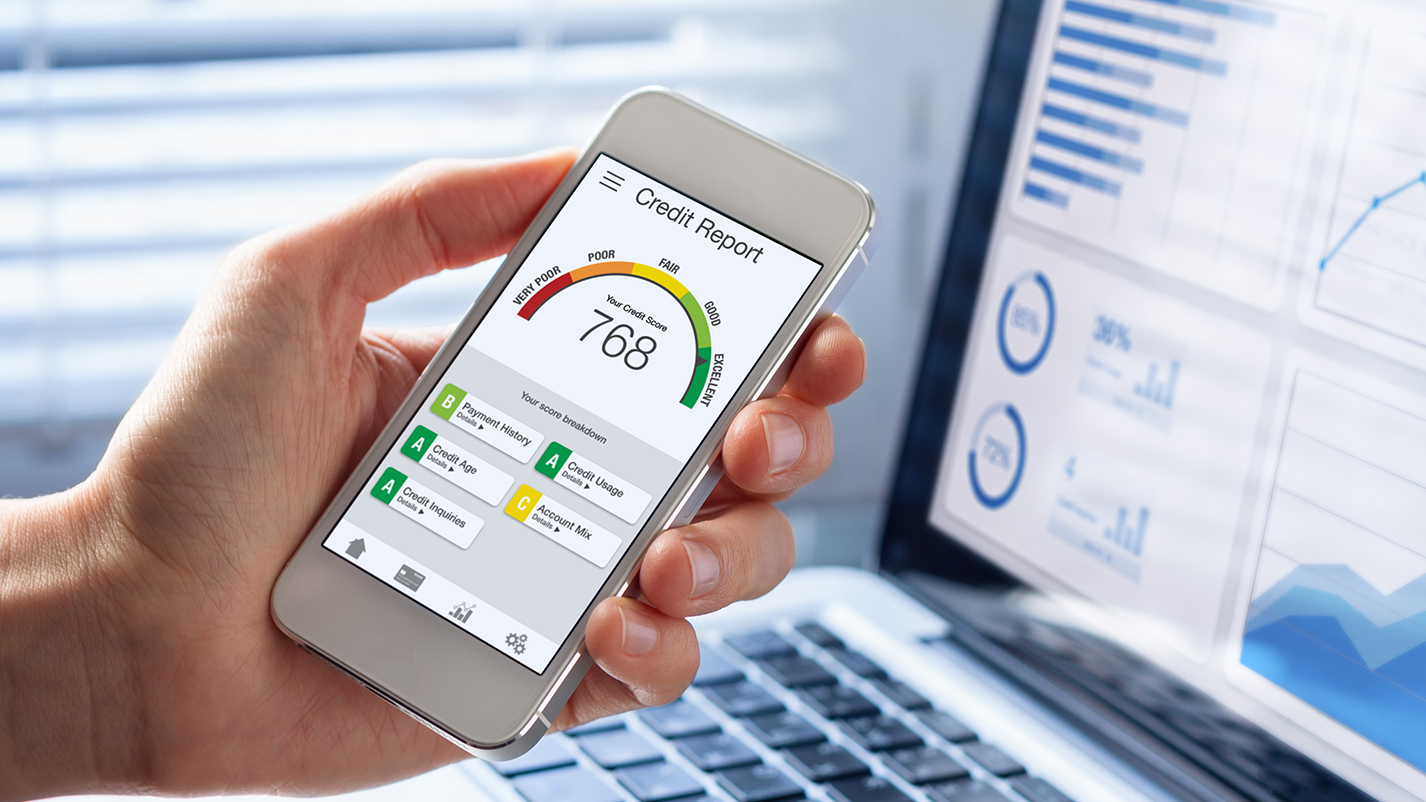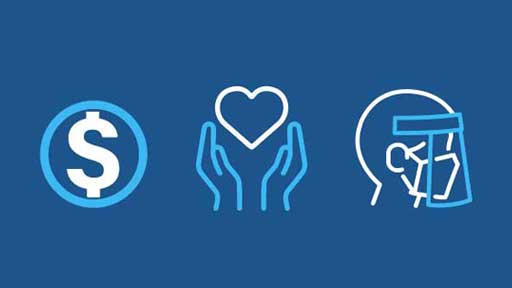
As you pay down your mortgage or the value of your home increases, you develop equity. A home equity loan is a great way to tap into the value of your home when you have a one-time or straightforward cash need, such as a home addition or renovation, debt consolidation, large medical expenses, college tuition, or a wedding.
What is a home equity loan?
A home equity loan is a secured loan that allows homeowners to borrow against the equity in their home. The loan amount is based on the difference between the home’s current market value and the homeowner’s outstanding mortgage balance. Home equity loans are typically fixed rates and used for a lump sum. There are also home equity lines of credits (HELOC) options, which generally have variable rates and allow the borrower to withdraw funds as they’re needed (read more about them here).
How is a home equity loan amount determined?
Your primary mortgage is the amount you borrowed when you first purchased your home. Over time, as you pay down the loan and the value of your home increases, so does your equity. For example, if you have $200,000 left to pay on your mortgage loan, and your home is valued at $400,000, you have $200,000 of equity in your home. You can take a home equity loan out against the equity you have built up in your home, essentially borrowing against your home’s value minus what you still owe on your mortgage.
A lender will typically allow you to borrow up to 80% of the home’s equity.
Are there any costs associated with home equity loans?
As with mortgage loans, there are closing costs associated with home equity loans. Closing costs refer to any fees incurred when originating, writing, closing, or recording a loan. These fees include appraisal, title search, and points. Some lenders may advertise no-fee home equity loans which require no cash at closing, but these will usually have other associated costs or a higher interest rate which can easily offset any gains.
What about interest rates on home equity loans?
Home equity loans typically have a fixed interest rate, making budgeting for the payments easier. The lender provides a lump sum payment to the borrower, which is then repaid over the life of the loan. Both the monthly payment and interest rate will remain the same over the life of the loan, which can last anywhere from 5 to 30 years. If the borrower sells the home before the loan term is matured (paid off), the loan must then be repaid in full.
Ready to get started?
As a not-for-profit credit union, Michigan Schools and Government Credit Union gives back to members with market-leading rates and low fees. Now through August 31, you can get a rate as low as 6.49% APR* with MSGCU. It’s easy to apply and there is no application fee. Call, chat, or stop by one of our convenient branch office locations to get started.
Category: Finance
« Return to "Blog"





































































